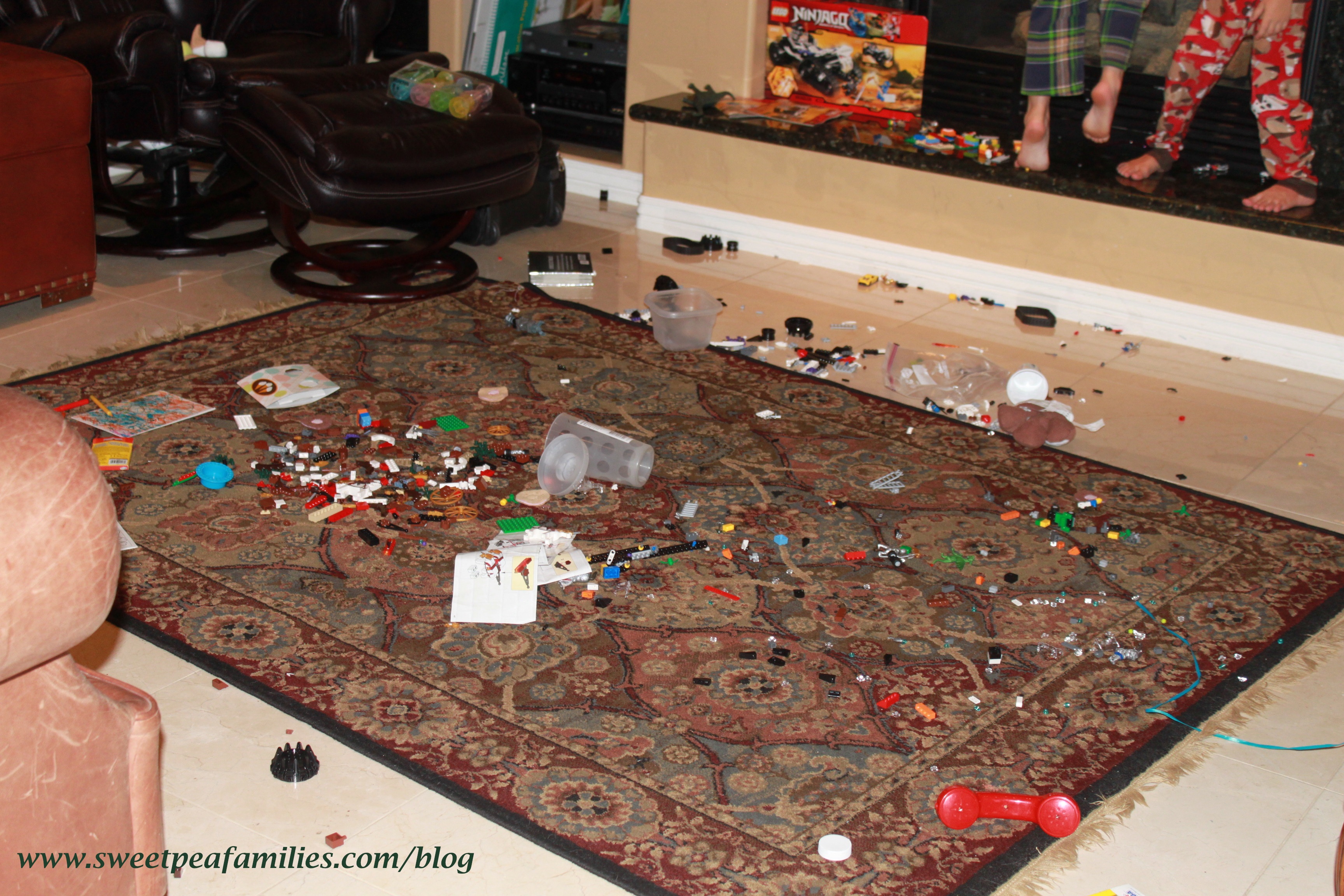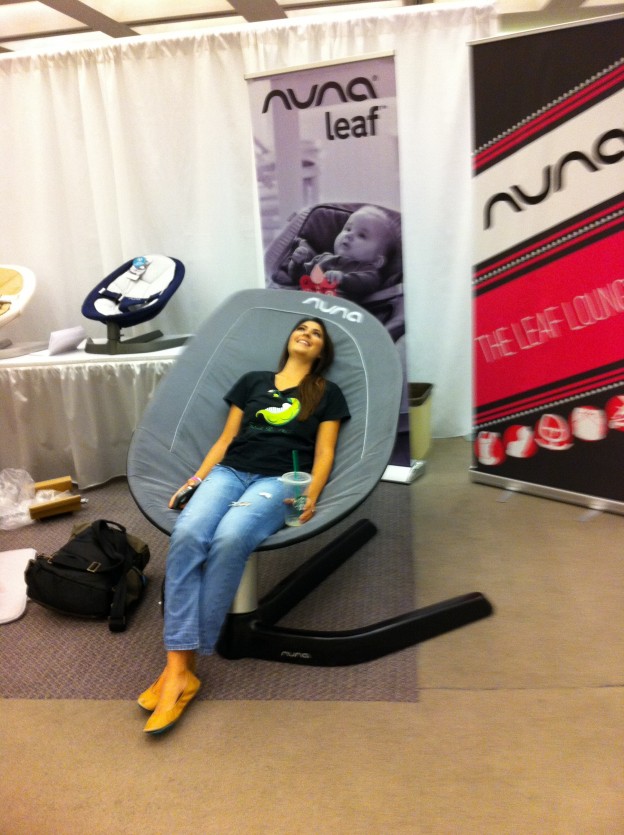I was contacted by a sleep coach recently. I went to her website, read through it, contacted some IBCLC’s I know, thought about it some more, and then after much contemplation, I have a path forward. Now I just have to write back.
In the meantime, I have run across a couple of blogs that talk about sleep, I have revisited my Pinterest board to find articles about sleep, and reflected on what I know from my experience, and the insight I have into Cassandra’s journey with night nursing.
I don’t think anybody will ever convince me that training your infant child to sleep through the night is a good thing. Here are two articles I like to share that explain why getting an infant to sleep through the night, when it hasn’t been a milestone they reach on their own, can actually be dangerous.
A student’s answer in reply to THIS post I shared inspired me to write today’s blog post. Here is her comment (shared with permission):
“I don’t agree with this article being so adamant about it being normal to be so tired and an emotional wreck. I think that’s dangerous to say; because if you feel like that, you need support, and to adjust your lifestyle to compensate. Not just say it’s normal and suffer.”
So while you will probably not find me as a sleep training advocate, I do agree that families have to have a strategy to get the sleep they need so all the adults are fully-functioning during the waking hours: physically, mentally and emotionally stable as they go about their lives with a newborn. Upon more reflection, I have come up with five suggestions for you to “try on” or “toss”, as needed.
1. EVALUATE
There are no easy answers. I really encourage our students and friends with babies to trust their heart when it comes to their child. I recognize that some ideas from The Experts are worthwhile, so try/take what you need and works for your family, without breaking your heart in the process. Then, toss the books, The Experts, and Read Your Child. How is their temperament? Their growth? Are the reaching milestones? Does what you are choosing feel right for you, and right for your child? Are they at/around a milestone time? Believe it or not, learning new skills can mess with sleep as much, if not more, than teething!
In addition to that – how are you? Do you have the support you need? Are you connecting with other mothers in similar situations? Have you formed a mama tribe? Are the people around you supportive? And if not, are you okay with your decisions? ARE YOU WAKING YOUR PARTNER UP TO HELP WITH CARE??
2. ENGAGE YOUR PARTNER
I emphasize the last questions because parenting is a team gig. You cannot parent in a vacuum. If there are two of you in the home, then the two of you need to participate in care. We often hear, “But they have to go to work in the morning.” *crickets* SO DO YOU.
Whether mothers work at home, or work outside of the home, we have to show up, too. Not zombie mama, tired mama, yelling mama…I can honestly say I hate it when she shows up at my house…so ironic as I write the wee hours of the morning in AZ. Lucky for me, I am a 6-hr a night type of gal, and since I fell asleep at 8:00 pm, things are looking good for today. Anyway, I digress.
Your best mama is needed every day. So wake up your partner and have them help you if your baby (or child of any age) is still waking through the night. Both of you are invested in your child, and this night waking thing is temporary. Trust me, it too, shall pass. We literally slept in shifts for a brief period last year. It was crazy while we were in it; looking back, I am glad it’s over; and I can see now that it truly was temporary.
Sometimes it helps to get a routine going, and you can both get back to sleep. THIS article has great tips on training your infant’s circadian rhythms without resorting to cry-it-out methods. Our “infant” routine consisted of the baby waking, being passed off to Bruss for a diaper change while I got up to use the restroom (still! because making breastmilk also requires a hydrated mama), and then I would come back to a clean, dry baby, and I would sit down to nurse. After passing off our nursling, Bruss would head to the kitchen, fix me a high-protein snack, deliver said snack, and then he would go back to bed. I would nurse our baby until they were back asleep(!). With some kiddos, we used an Arm’s Reach Co-Sleeper, with others we did bed-sharing, and with some, as they got older, they were lovingly cradled into the crib in our room.
We followed each child’s cues, and they got back to sleep, we got back to sleep, and life moved on.
3. MAKE SLEEP A PRIORITY
The other key that is so hard to follow is the old adage, “Sleep when the baby is sleeping”. Yes, that means during the day, too, especially in the early postpartum days, or even when you have a toddler. (As I sit in the middle of “being two” with Otter!) I know: you have things to do, emails to answer, places to go. This is written with much love in my heart: I don’t care. I mean it – sleep when the baby is sleeping. The best thing we ever did, and I can’t believe it took me four babies to get it right, was to take a babymoon.
We shifted priorities in our home. For the first week, I stayed in bed with Otter. That’s it. It was A.Ma.Zing. I didn’t look at the messy house, the kitchen, the scattered messes happening everywhere as our other children moved about their days.

Who else finds this image disturbing? Amazingly, I was able to let it go and enjoy our Babymoon because I was intentional about prioritizing sleep over my need to organize and sort.
Our bedroom was clean, our bathroom was clean, and I just closed my eyes when we took our daily walk through the house to sit outside in the sun and get some fresh air. Other than that, all meals were brought to our room, sometime the kiddos picnicked with us, other times, I ate while I snuggled with Otter and fell right back to sleep.
Most partners can take a week off of work if a grandparent is not able to help out in the postpartum period. Whoever it is, let them take care of you, and take care of the other children, while all you do is sleep, sleep, and sleep between breastfeeding your infant. If you can take more than a week, do it. Other world cultures practice a 40-day period of rest and recovery. If that is not your reality, know that getting rest and letting your body have a surge of healing time through your first week can make the rest of the postpartum period easier to handle. Facing it as a rested person, and not a zombie, does wonders for your perspective. Need more convincing? THIS article from Birth Without Fear makes a great case for Mothering the Mother.
Newsflash: There are great ways to make technology work in your favor and release any feelings of having “to do” something with anything that clicks. Set up your email with an “Out of Office” auto-reply announcing your babymoon, and offer an alternative mode of contact if someone feels their business is urgent enough to warrant an immediate response. Almost all social media platforms now have a “cover photo” option that pops up when people search for you. Write an announcement and make it your “cover” to let people know you will be out of touch, soon to return. And lastly, if you blog, enlist other people to write for you. I had four wonderful teachers from my mama tribe step up and write guest posts for me while we enjoyed snuggling with our Sweet Pea. Turn everything off, and sleep when your baby is sleeping.
It Can All Wait.
4. SET BOUNDARIES
Learn to say YES.
- To the friend who offers to set up a meal schedule.
- To the visitor who offers to do housework (leave a list of chores they can choose from).
- To the person who offers to leave your home and let you get some sleep.
- What else?? Anything else that serves you, as uncomfortable as it might be to accept help.
Learn to say NO.
- To the person who wants to come to visit during a sleep time.
- To the person that wants you to help with something while you are on maternity leave.
- To the outing that you can’t handle because you are too tired to go.
- What else?? Anything else that will drain your energy reserves and keep you from sleeping.
As your baby gets older, it is so important to apply the same standards for your Yes’s and your No’s. Avoid the temptation to fill your day full of activities, classes, and play dates *every* day. Many of our students Just Say No to events that happen during nap time . I am so proud of them, even if it means that we won’t get to see them or their Sweet Peas.
5. ENLIST HELP
Another option in the postpartum period that is increasingly available is hiring a Postpartum Doula. These women are trained in the postpartum care of a family. To quote a doula we interviewed, “…what I do is much more than taking care of infants; a Postpartum Doula offers education, companionship and in-home support for families with infants.” They can be available to do light housework, prepare meals, care for the baby while you sleep, and some are even trained lactation counselors who can help identify and troubleshoot any breastfeeding challenges you may have. Want to learn more? HERE is the full interview on our Sweet Pea Births blog.
Truly, these women are invested in helping you have the best postpartum experience possible, and for a very reasonable fee. As your baby ages, and if your budget can’t afford a nanny or weekly house cleaner, consider their doula fee your monthly “treat”. Have them come over once a month to play with your baby, prep a meal, clean the kitchen – while you take the much needed nap. I am not sure at which point in your child’s age they would want to terminate their services. I guess it’s a question worth asking.
Please check our Resource Page for a list of Postpartum Doulas if you are in the Phoenix, AZ area. If not, you can check out DONA International’s registry, or doulamatch.net to connect with doulas in your geographic area.
It is my fervent hope that some of these ideas may work for you. Everything is so much more manageable when you replace the “tired and tank empty” filter, with a “rested and tank is full” filter.
I also like learning new tips, so please feel free to share what worked for your family, or a link to your blog post about getting sleep and/or postpartum care in the comments.
What has worked for you to get more sleep in the postpartum period, or as your child develops before they start sleeping through the night?
PS: Another article I like about sleep training HERE

